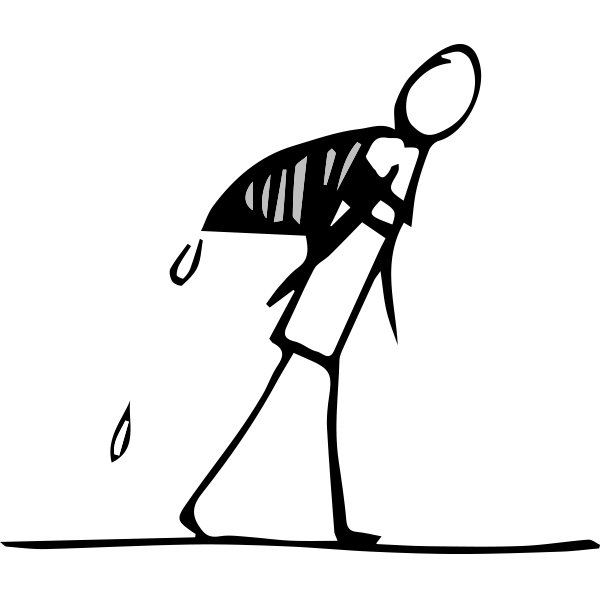After I read an article or book chapter related to my studies, I try to write a reading note immediately after. It has the following structure:
Summary
Commentary
Quotables (with page numbers)
Questions
Reading notes help me reflect on the reading as a whole, crystallize my thoughts a bit, and give me something to refer to in the future. This quarter, I've also been experimenting with contemplative reading. What I mean by that is being determined as I go, but I'm aiming to achieve the following:
Give myself 2-3 times the amount of time I'd normally give myself to read something
Be present to the sensory/emotional/social/intellectual experience while reading
Read with compassion for myself, the author, the world
So far, this experiment has been a lot of fun. I've used a meditation app to play a bell of mindfulness every three minutes while I'm reading, which invites me to be present to my posture and to notice if I've gotten lost in thought or the content. It's made my "non-contemplative" reading feel a bit more spacious and it's inspired an additional two categories in my reading notes.
The first category is called process and it's simply a description of how life unfolded while I was reading. Where I was, how long it took, any interruptions or memorable events, etc.
The second category is called Patrick's List and it is a list of everything I didn't understand while reading. Instead of feeling bad about not understanding a concept or argument, I open to what I truly do not know. I highlight words and phrases in gray (as opposed to yellow, which indicate passages that resonate) and at the end of the reading note, I go through all the gray highlights and make a list. The practice reminds me of the following scene from one of my favorite movies, Auntie Mame.
For example, here is the list I made while reading Donald Wiebe's The Failure of Nerve in the Academic Study of Religion this morning:
What is meant by “God-talk” and how it is different from ‘god-talk’ and talk about God (gods).
What exactly “Ultimate, Transmundane Reality” is. And what “Supermundane” is.
What “exclusivist theologies" are.
What “Christian atheism” is
The sentence “‘ontic reality (existence) of the “Focus” of religion." on p. 403
The distinctions between historical, systematic, theoretical, foundational, and Confessional theologies.
The word “countenance” when used as a verb.
What the “theological agenda” is universally assumed to be.
The meaning of the words philological, sui genesis, epoche, inter alia, students qua students.
What happened at the World Parliament of Religions in 1890s.
What “the truth question” refers to, exactly.
What “theological suspicion” is.
What the “descriptivist doctrine” is.
What ecclesiastical means, especially in reference to control or domination.
There is no shame in Patrick's list, only evidence of paying good attention and being curious. It is in this spirit that I write my lists. As I type each entry I sound out the long words and say them in my head as Patrick would, with a spirit of inquisitiveness and innocence. It keeps me honest with myself and gives me so many starting places to explore the literature, should I want to. Besides, as Auntie Mame says, I shouldn't need these words for months and months.
